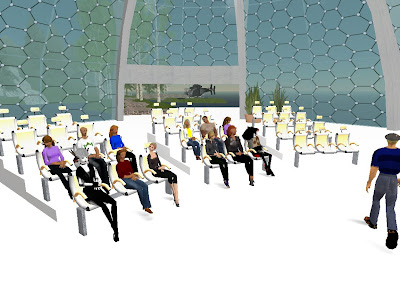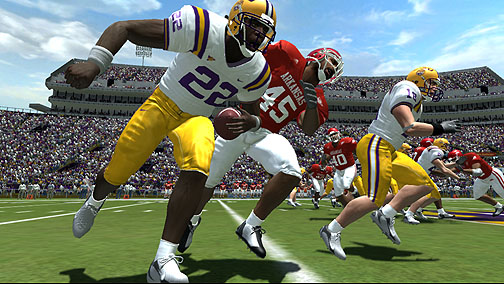
Remember those algebra or physics story problems...if a train left the station traveling 70 mph at 1:00 pm on route to the next station 3.4 miles away, what time would the train arrive at the next station?
Well the folks at Edheads have done it again, last time I discussed their virtual knee surgery simulation. Learn About Knee Surgery
This time they created a Virtual Crash Scene. It is a combination of physics, algebra and a video game.
 Collect evidence, interview witnesses, calculate forces and then draw conclusions. Check it out.
Collect evidence, interview witnesses, calculate forces and then draw conclusions. Check it out. And then when you are done, you can run through some "What If" scenarios. This is a great piece that can be used in a class on a variety of topics. For English class you could even have students write a news article about the incident.
But what I want you to think about is the "What If" element of the Virtual Crash Scene. Do you have anything in your e-learning or online simulations that allow learners to run various scenarios, can you think of ways that you can ask your learners to consider or experiment with different versions of an idea or concept you are trying to teach them? If you can think of some examples, post them in the comments.
__
Recommended Games and Gadgets
Recommended Books
Content Guide


































